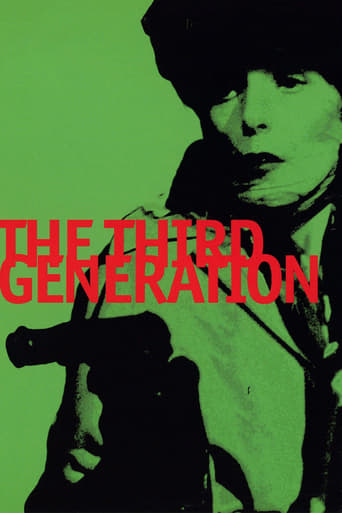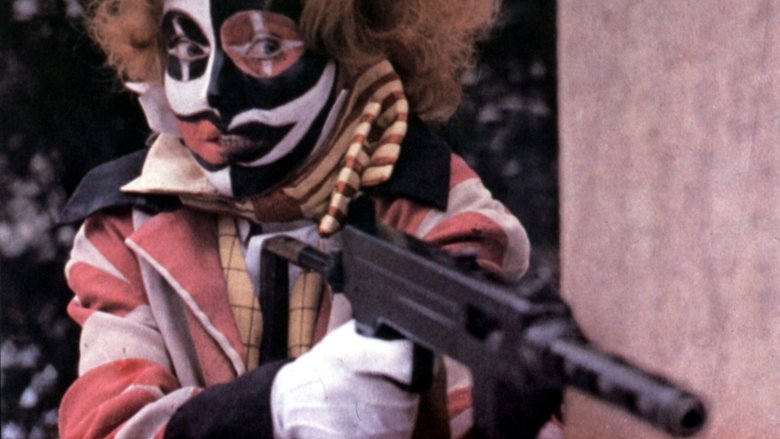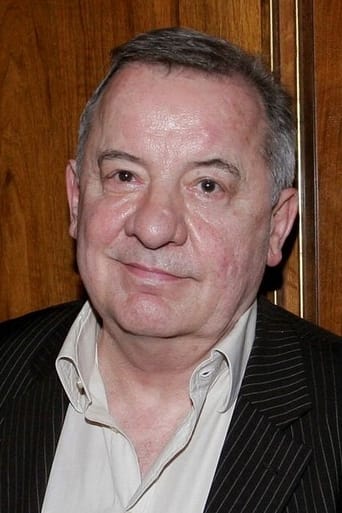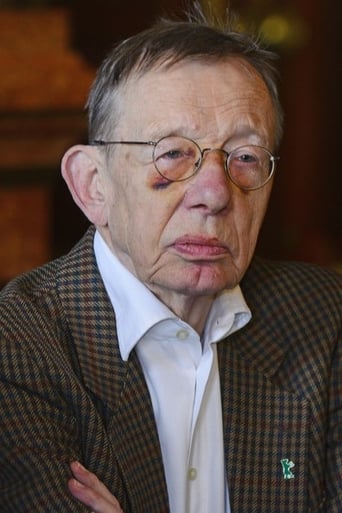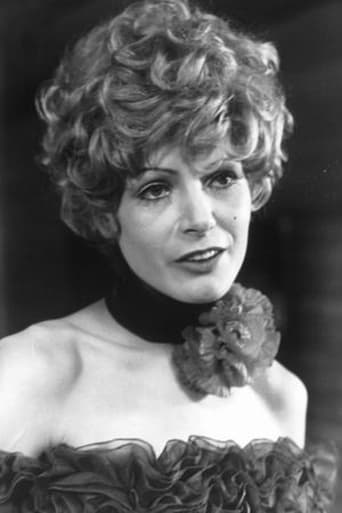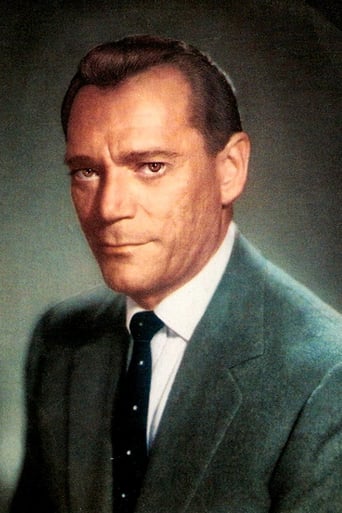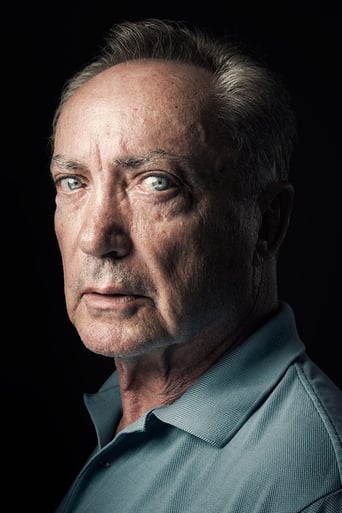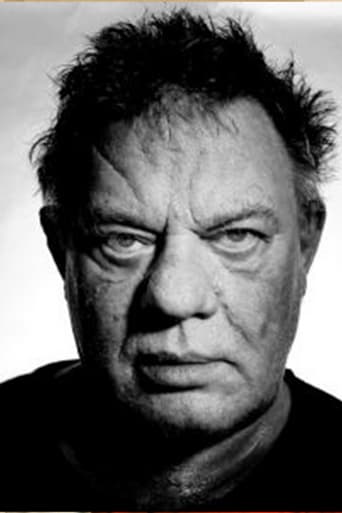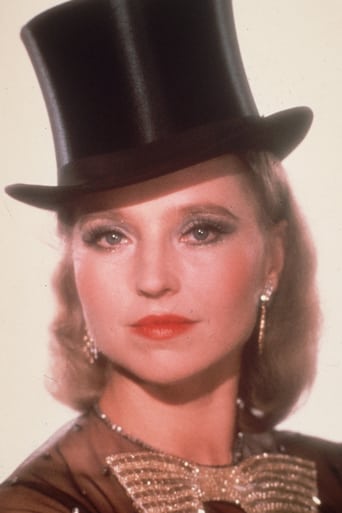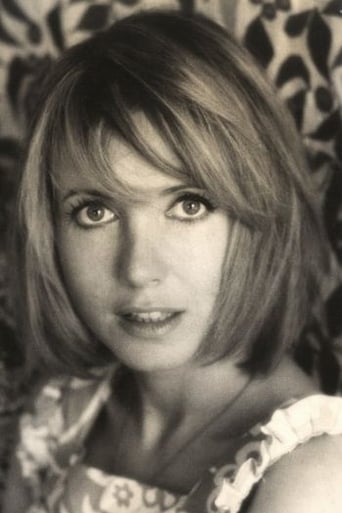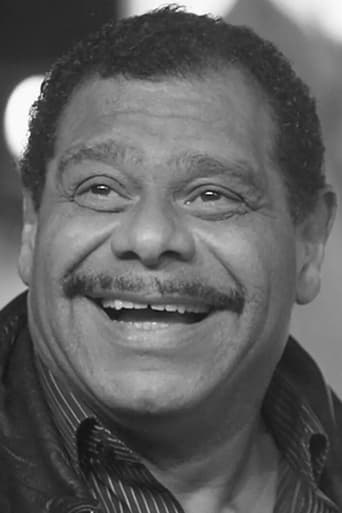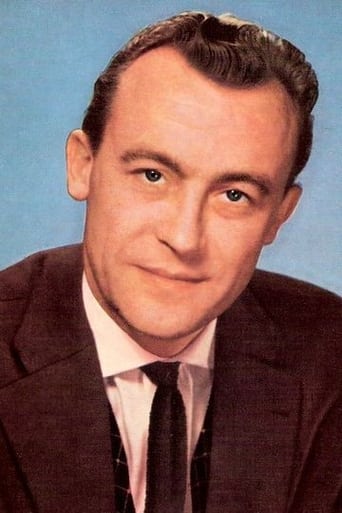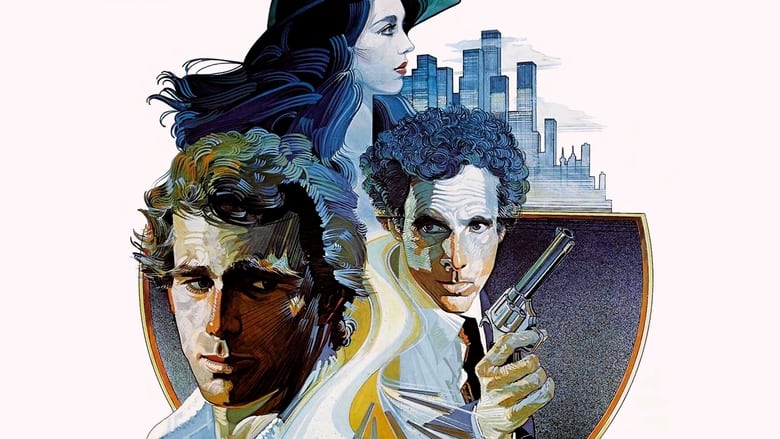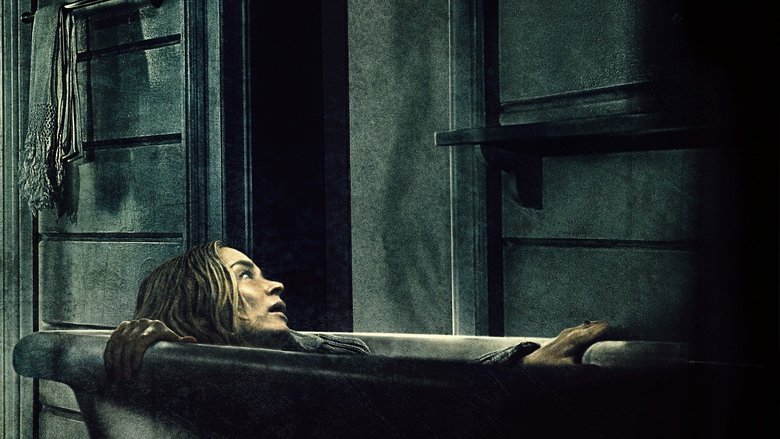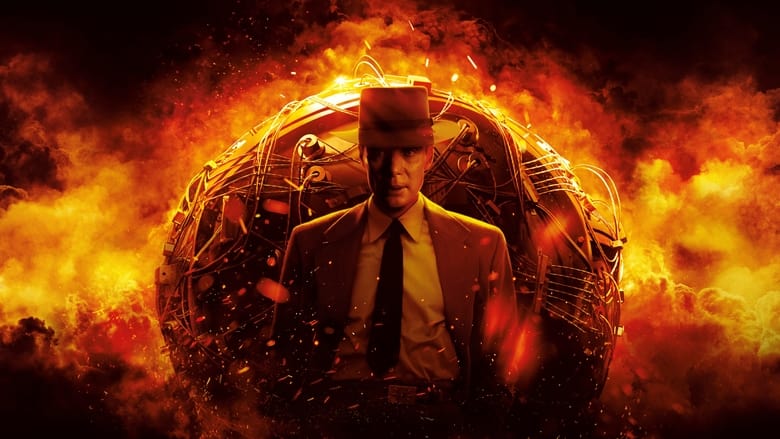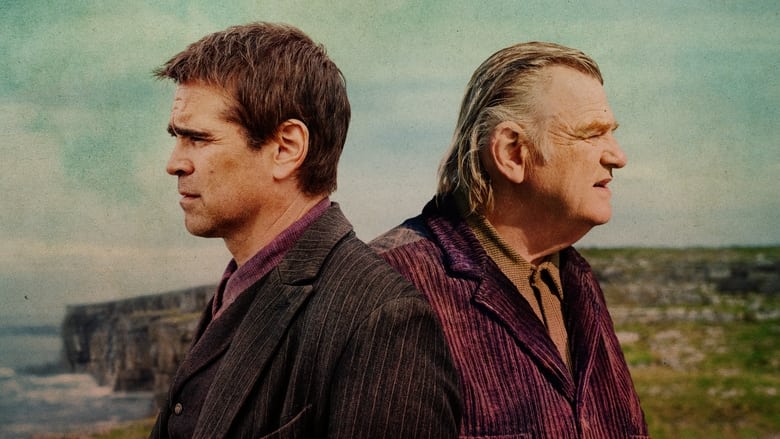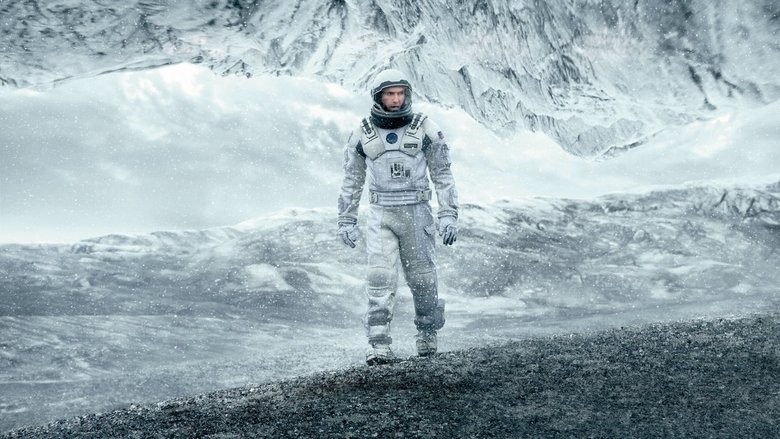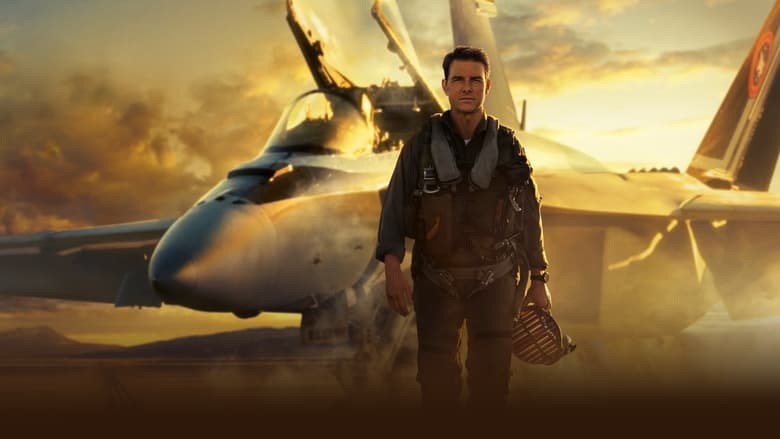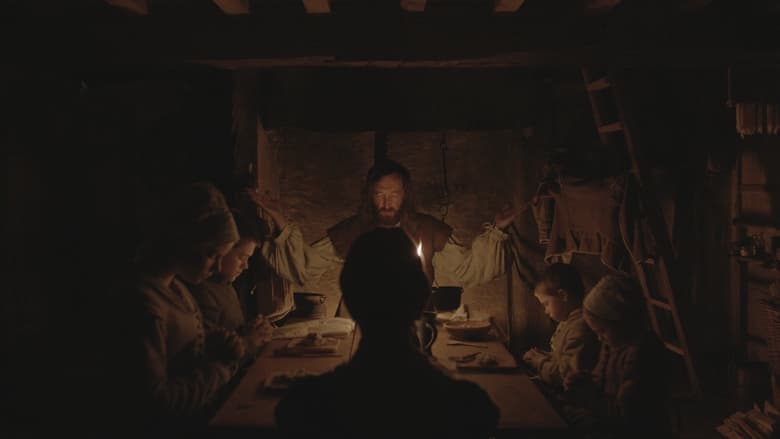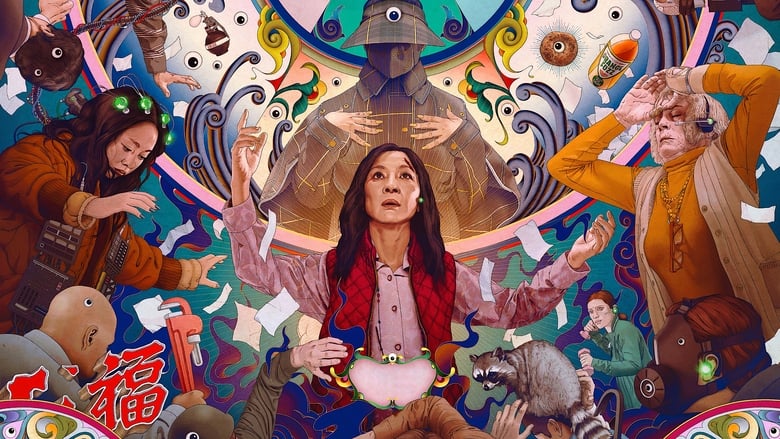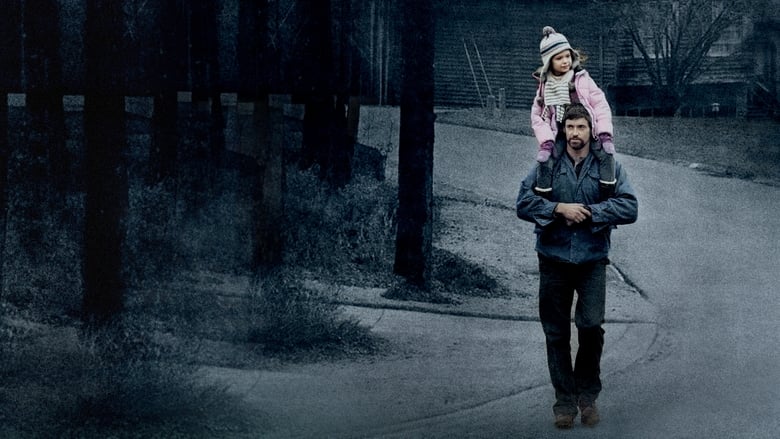A wildly anarchic satire of guerrilla terrorism in which a band of leftist radicals inadvertently become puppets of the West German government, which uses them to justify its authoritarian policies.


Reviews
i can't say i really understood this movie but i was gripped. i'd drunk 8 beers before watching and fancied something heavy and wot heavier than Fassbinder i thought. i've read all the reviews of this movie on IMDb and they tell me it's a comedy. i didn't laugh once but Fassbinder really is way above my head in every way, so u may see the comedy that i missed out on. i also read u need to see this movie 2 or 3 times to get it. i think this movie was just too complex for my little brain but i still loved it. Fassbinder's 'fox and his friends' is one of my favourite ever films so i will always be open to a Fassbinder film. i will watch this film again because i really think there is something special going on. i shouldn't have drunk 8 beers before watching this complex work but like i said, i still enjoyed it which i think says something about Fassbinder.
I went into The Third Generation, quite frankly, not expecting it to be a black-as-death comedy of errors. I was under the impression, perhaps misinterpreted by a description on a netflix DVD, that Satan's Brew was Fassbinder's only real comedy. But as it turns out The Third Generation is one not merely in its context but in the form; this is one of the Fassbinder films that owes far less to the melodramas one sees throughout his career than to Godard, who was also a big influence (if only, as I've heard, to beat his prolific output). Specifically, in The Third Generation, one can see Fassbinder, in telling this loosely episodic and original story of Berlin terrorists, a challenge to what was already a great challenge with La Chinoise: how to show on film how absurd a terrorist group really is, how it functions when not absolutely clear and concise like a bunch of man/women-children, and how the form of the film, the style, has to go with that.Damn it all if this isn't such a warped movie. I don't even mean that just in its characterizations, though there is some of that, but in the nature of its filming, the contradictions between the content and the style, and the nature of over-lapping sound. Please do pay attention to how sound is used in The Third Generation: it's the kind of relentless assault that, at least in this facet, comes closest to Godard's attack on cinema. There's very rarely a scene where it's just silent, and often the sources go on top and blend into one another, with characters speaking dialog, and then music (either/and/or the very experimental compositions and instrument choices by Peer Raben or incidental), and then usually a television/videos or other dialog or something else entirely.It certainly can contend with Altman as having the most sophisticated sense of sound editing, but it's not just this, or even those perfectly lurid transitions taken from writings on bathroom walls and stalls (again, a twist on Godard's chapter-break-up): Fassbinder's savage satire is about the contradiction of a society that is so alienated that they are literally trapped in their houses most days and nights while scrambling for some kind of plan they wait and plot to enact. Fassbinder's camera- which for this he was his own DoP- does sometimes move fast, like say in the shooting scene at the restaurant (watch the fast pan to his face, not expected but very effective), but a lot of the time it stays still, or moves slowly in on a room, on faces or a situation unfolding, like with the naked woman compulsively stealing money. But there's other scenes where it's just maddening (in the best possible way) to see what he'll shoot, like when the snitch is rambling on and on to the Inspector about "You're his father, You're father is his grandfather" repeatedly as if in a coke-head trance, as the camera does long takes, barely moving on this insane scene happening in front of us.What ultimately separates a radical like Godard and a radical like Fassbinder, however, is perspective. For a short period Godard was actually on the side of the revolutionaries/terrorists in France, however many there were, in the heat of 1968, even if, arguably, La Chinoise worked best as a subtle or unintentional attack on such misguided 20-somethings. Fassbinder, on the other hand, hated these bastards in Berlin, the youth groups who kept starting up stuff to the point where he moved to Paris, and decided to do his own kind of lampooning, if you will. Some parts aren't funny, at all, such as the junkie overdose or the implication of the higher-ups like Eddie Constantine's character actually fronting the terrorists money, or, of course, Gunther Kauffman's own path and moments as a character. Other parts, like the shoot-out in the street with the gang in drag/weird costumes would make any surrealist wet their pants in gleeful, obscene laughter.What makes The Third Generation so invigorating a piece of cinema is its distinctive style, its approach to taking a stance practically politically with its barrage of sound and deliberately methodical camera movements and the rapid-fire cutaways to other things happening in other rooms or buildings or moments. But also the nature of this group-think mentality, of which there's so few really good films let alone possibly great ones. It's a serio-comic experiment in Gonzo movie-making from someone who knows his stuff.
Fassbinder at the peak of his creative powers. Die dritte Generation is as funny as it is scary, and is just as relevant today as it was when it was first released almost 25 years ago. Aesthetically as well as thematically, this is one of the director's most fascinating - along with Die Händler der vier Jahreszeiten (1974).
I saw this film when it first came out, so I apologize if my recollections are a bit vague after so many years.This film reflected Fassbinder's increasing alienation from violent German leftist grouplets such as the Red Army Faction (a.k.a. Baader-Meinhoff Gang) with which he had earlier (e.g. in "Deutschland im Herbst") shown some sympathy. Still, the film also contains its own stark critique of capitalism: in a plot somewhat reminiscent of the McCarthyist-Communist conspiracy of "The Manchurian Candidate", the "third generation" terrorist organization of the title turns out to be backed by a wealthy industrialist who backs terror in order to create the danger that will help him sell his security systems.The film's middle-class protagonists turn to terrorism as an escape from their boring lives. And they have no idea who is financing their terrorist spree. At first it's a lark. Then they discover (surprise!) that those who live by the sword... well, you know the rest.All that makes the film sound very heavy and serious. Actually, it's a very dark comedy. And the sequence near the end, wonderful. A vivid memory 20 years after I saw it.
